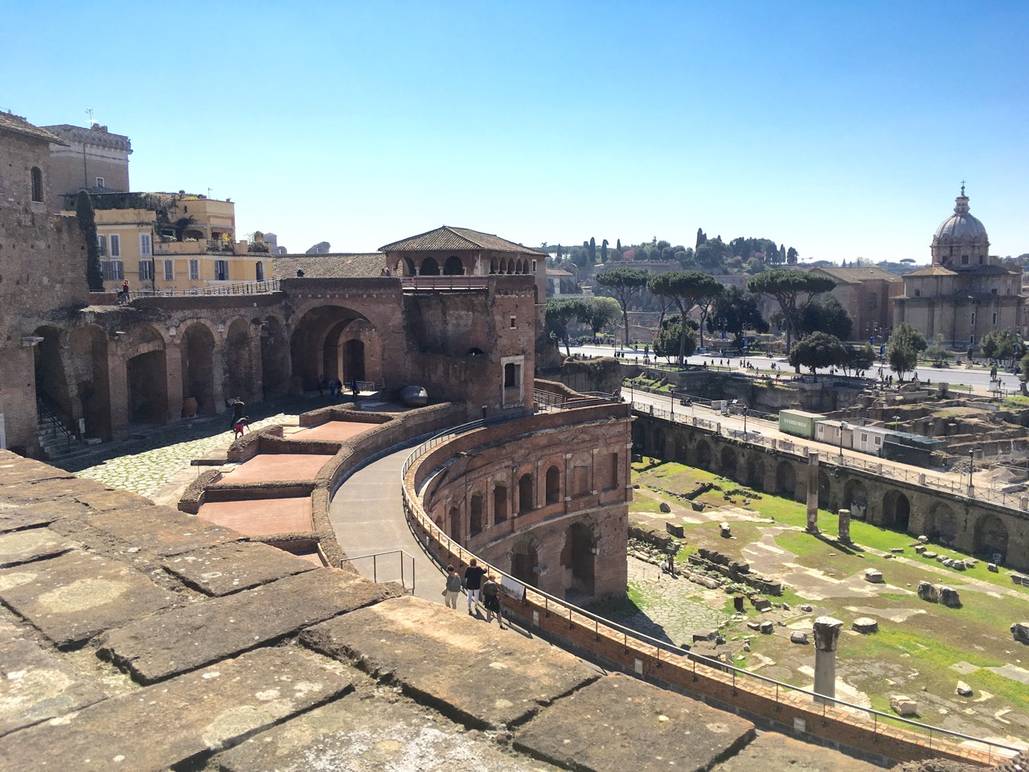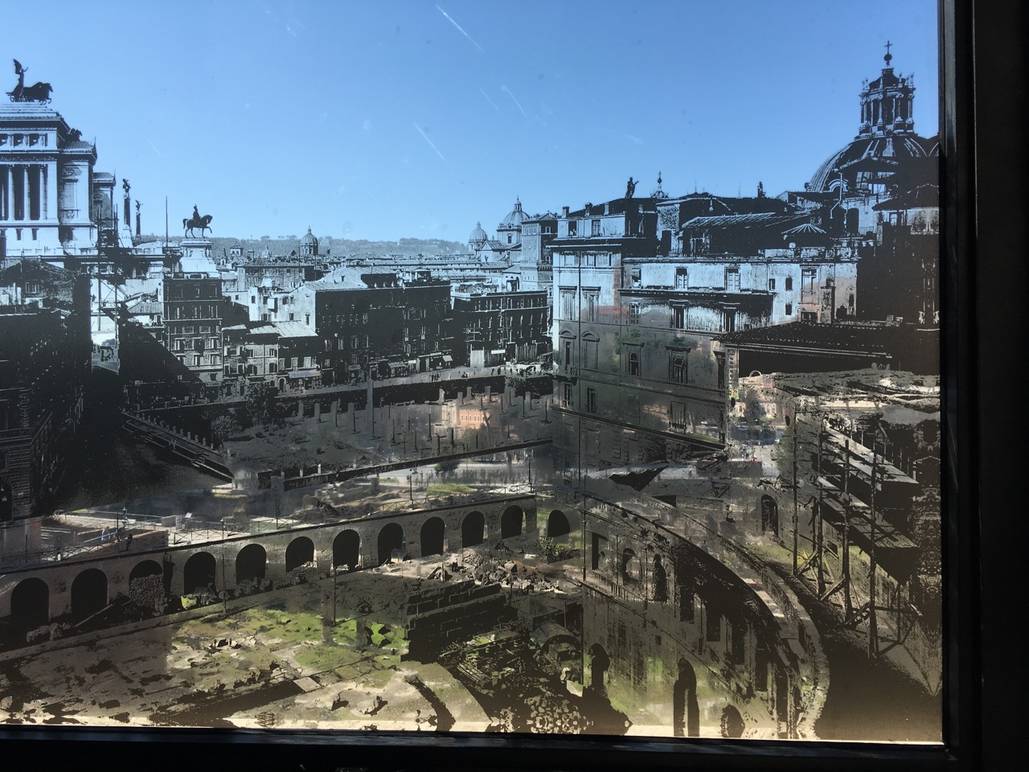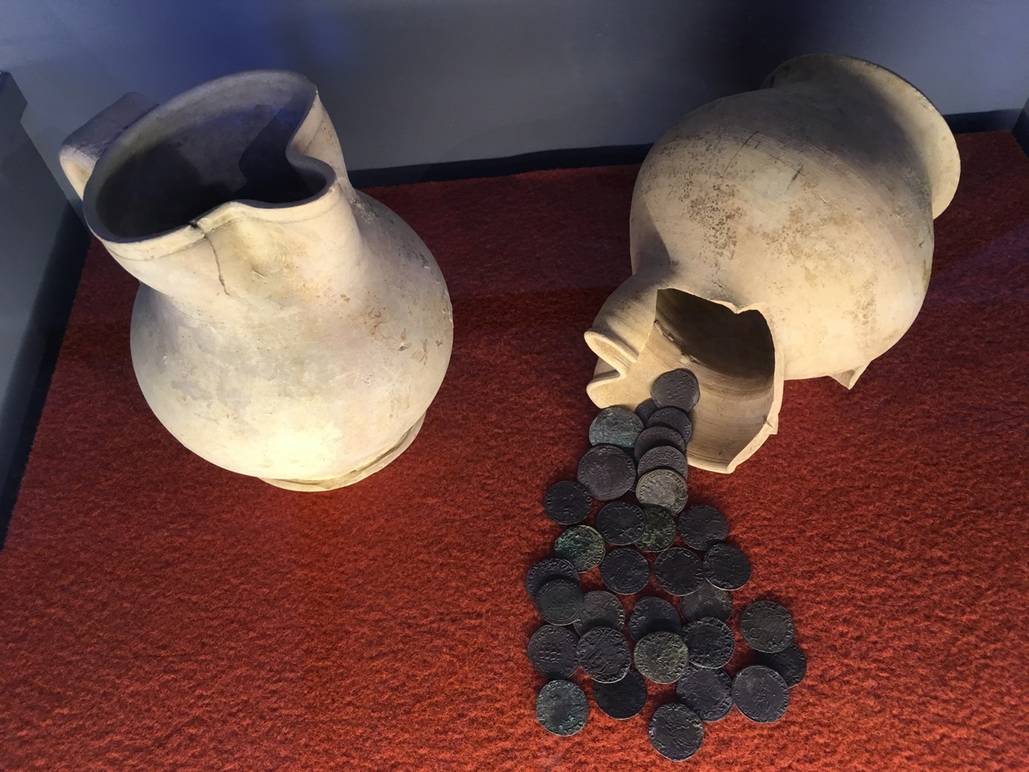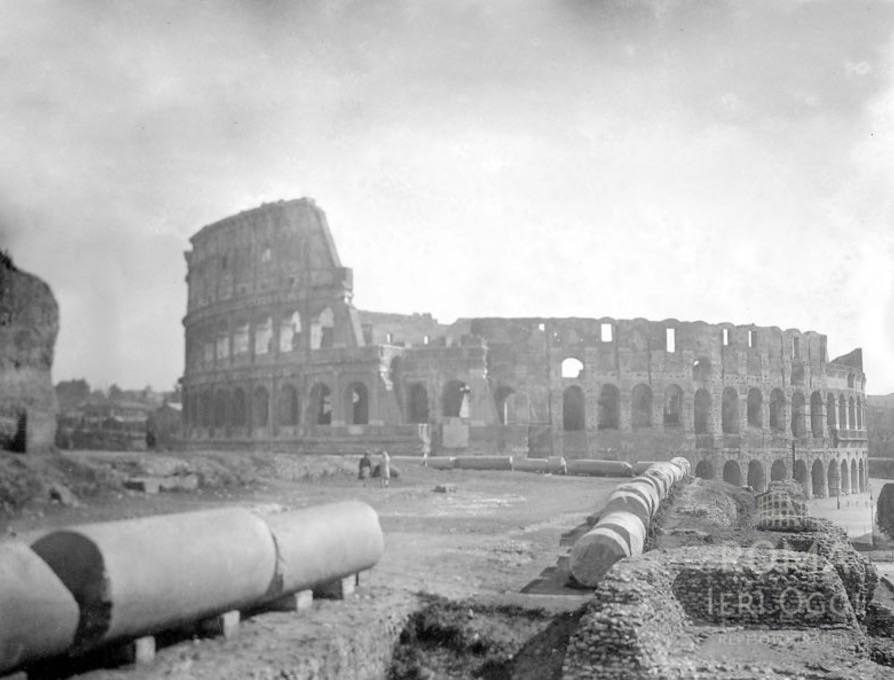As Ever, Crowds Flock Into Rome at Easter Time
Palm Sunday commemorates Jesus’ triumphal entry into Jerusalem. It is celebrated today the Sunday before Easter, initiating Holy Week. Its name originates from the Gospel story where revelers waved palms branches towards the Messiah as he entered into the city on a donkey. The palms represent the belief that Jesus was the Son of God, but the donkey is a representation of Jesus’ humility and humbleness.
As Holy Week begins in Rome, the city is sunny and bright, buds are bursting from the trees, and tourists and pilgrims from all over the world are jamming the streets. Rarely has the Eternal City seen such an invasion of visitors. Statistics are not yet in for 2017, but last November over 1.2 million visited Rome. Of these, the Americans were in the lead, with an almost 5% increase over the previous year, followed by the Japanese and the British, similarly rising in numbers. They come for the museums and monuments, and among the drawing cards are a number of important exhibitions.
But they also arrive for the religious rites, in part thanks to the continuing extraordinary popularity of Pope Francis. Following the Pontiff's Lenten retreat at little Ariccia outside Rome, he made a pastoral visit to Milan, where he was seen by over one million, and another April 2 to Carpi, also in northern Italy. On Palm Sunday April 9 he conducts a Sunday Mass in St. Peter's Square and another on Holy Thursday, April 13, in St. Peter's Basilica. On Good Friday April 14 he celebrates an afternoon liturgy in St. Peter's and, that evening, the traditional Way of the Cross, also known as Stations of the Cross, in the Colosseum. The Easter Vigil begins at 8:30 pm in the Basilica on Saturday, April 15, while on Easter Sunday morning he celebrates a morning mass in St. Peter's Square, followed by the traditional papal blessing "Urbi et Orbi", or "to the city and the world."
High on the secular schedule is the fascinating exhibition I Fori dopo i Fori (The Forums after the Forums). Inside the semi-circular, multi-storied forum built by the Emperor Trajan is what the archaeologists describe as evidence of daily life after the fall of Rome, or from the early Middle Ages through the Renaissance and the early 1930s. Over time craft workshops were tucked into some ot the old forum buildings, and churches and homes built atop crumbled layers of antiquity. Here too Giotto, Michelangelo, Giulio Romano and other great artists had homes, some of them subsequently destroyed to make room for other buildings. "Our goal," said Claudio Parisi Presicce, curator of the exhibit, "is to show that life in the Forums did not end in 113 AD, but continued until our own day."
Beginning in 1932 Mussolini dug straight through the ancient Roman Forum area and its neighborhood of homes and churches, to create a broad (not to say pompous) parade avenue connecting Piazza Venezia to the Colosseum. Today that avenue, the Via dei Fori Imperiali, partly lined with gardens, is being gradually narrowed as archaeologists recover forum areas that had been buried to build it.
"In the course of almost three decades of excavating we removed literally ton upon ton of earth," said archaeologist Roberto Meneghini. Searching through those tons of dirt, he and his colleagues recovered a wealth of material dating from late antiquity through almost the present. Of all this, 320 objects are on view for the first time: pieces of carved ancient marble, painted medieval pottery from an orphanage once located on the site, a jug full of precious coins hidden away for safe-keeping, silver teaspoons, bits of jewelry.
A second fascinating new exhibition, Colosseo: Un'icone (Colosseum, An Icon), tells the story of that building and its impact upon literature, art and even sociology. Like the Trajan's Forum exhibit, it tells the story of what happened after 523 AD, when it was no longer in use as a gladiatorial arena, and into our own day.
For a time the Colosseum was used as a stone quarry. Its arches -- like those at Trajan's Forum -- served as animal stalls, workshops for craftsmen and homes for people. Some of these were even luxurious, according to catalogue authors Rossella Rea, Serena Romano, and Riccardo Santangeli Valenzani. Above lived the Frangipane, who occupied the building from the 12th Century for two centuries, and transformed a part of the Colosseum innards into a hospital.
Much of the exhibition is based upon new findings, and many of the objects and documents are displayed for the first time. On view is a model of the Colosseum created in the late 18th Century by Carlo Lucangeli, along with historical photographs, modern conceptual versions including by pop artists, and movie sequences from the archives of the Istituto Luce at Cinecittà.










































i-Italy
Facebook
Google+
This work may not be reproduced, in whole or in part, without prior written permission.
Questo lavoro non può essere riprodotto, in tutto o in parte, senza permesso scritto.